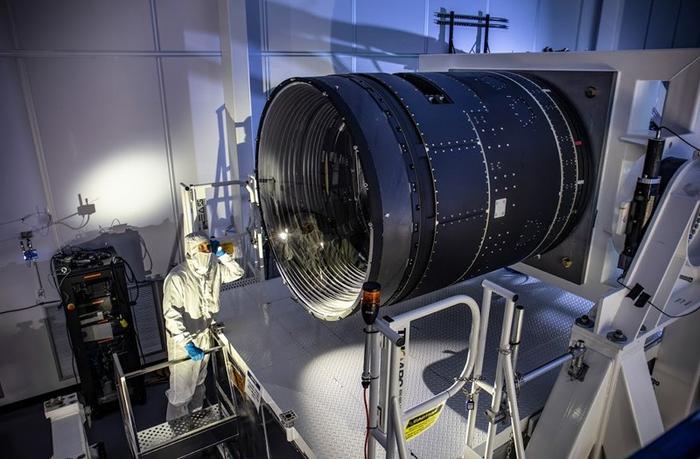Necessity is the mother of invention, and humanity is in a necessity for various things that workers can’t provide. We need safer stores (online?), shelves full of goods, contact-less delivery of products, ventilators, cooked food, etc.
Whereas many retail stores and production lines are struggling to keep up with the demand, we are bound to face shortages soon. That is except for the products that are made in automated lines that need little to no human intervention. Interestingly, toilet paper is one of those products, so the item that has been most hoarded thus far is maybe the one that won’t see disappearing any time soon.
Food makers are diving into automation as quickly as they can right now, trying to secure the production from a potential wave of infections that could hit their workforce. At the same time, millions of people are working for their employers from home, food delivery networks are starting to use drones for that “last mile”, a massive number of shops (of all kinds) have gone online, and 3D printers are printing out mask holders and ventilator valves.
We are clearly entering an era of automation much sooner than we would have thought, and it really isn’t going half as bad as we would have supposed.
The reason why this “experiment” is going well so far is that the tools to help us do all that was needed were already here, and in fact, they were technically mature. The internet, 3D printing, online shops, remote work tools, cloud computing, teleconferencing apps, YouTube, online teaching platforms, and anything else that we’re using right now was already there. We just didn’t have the necessity or the urgency to use it in the way and magnitude that we are now.







